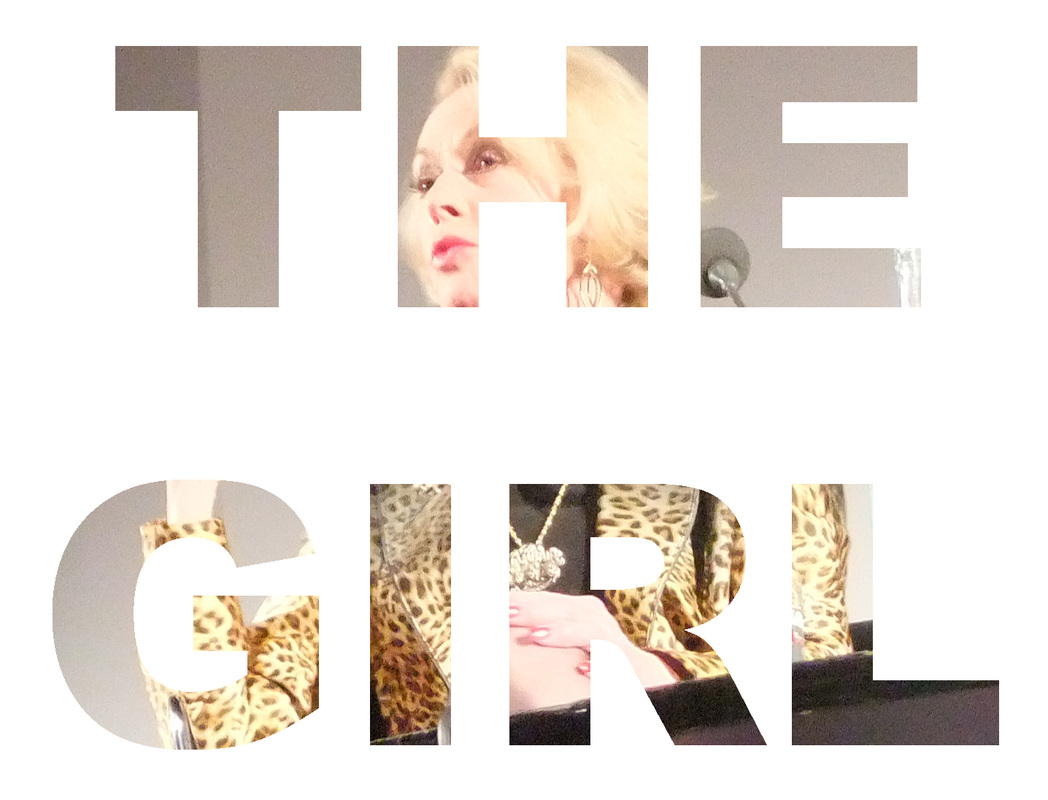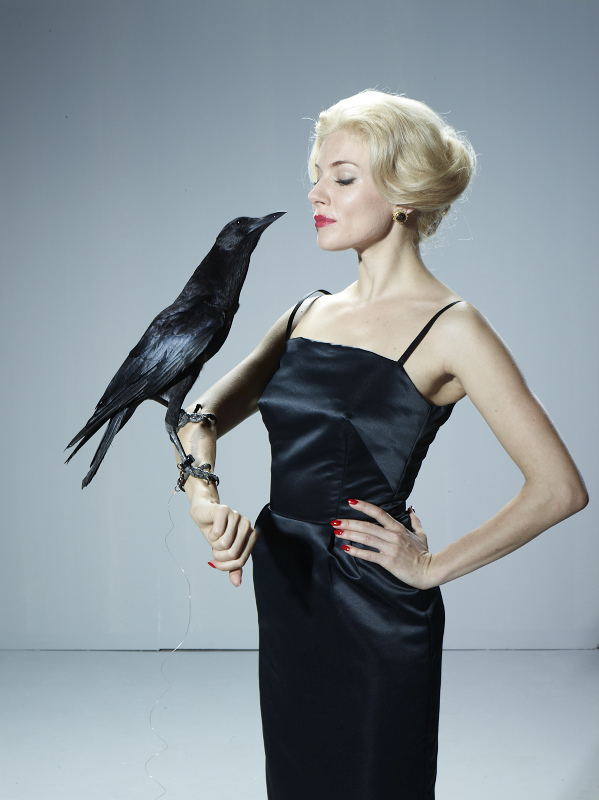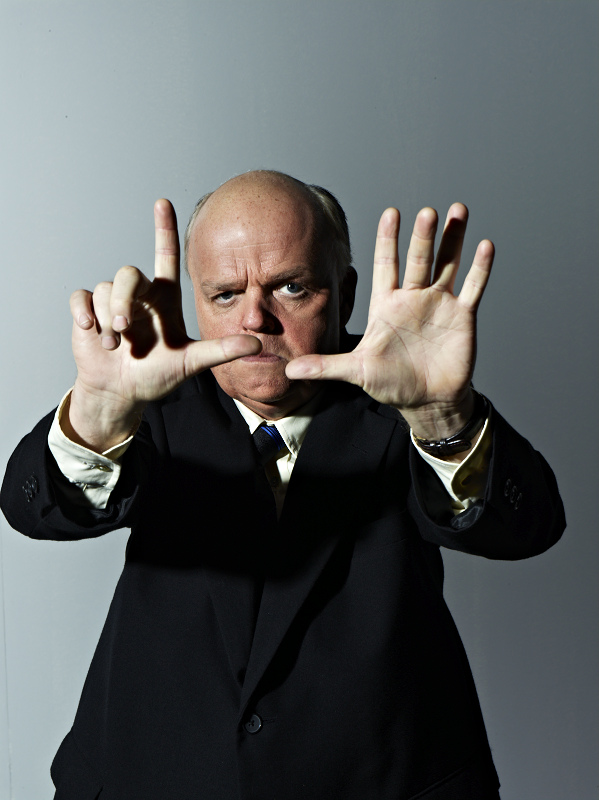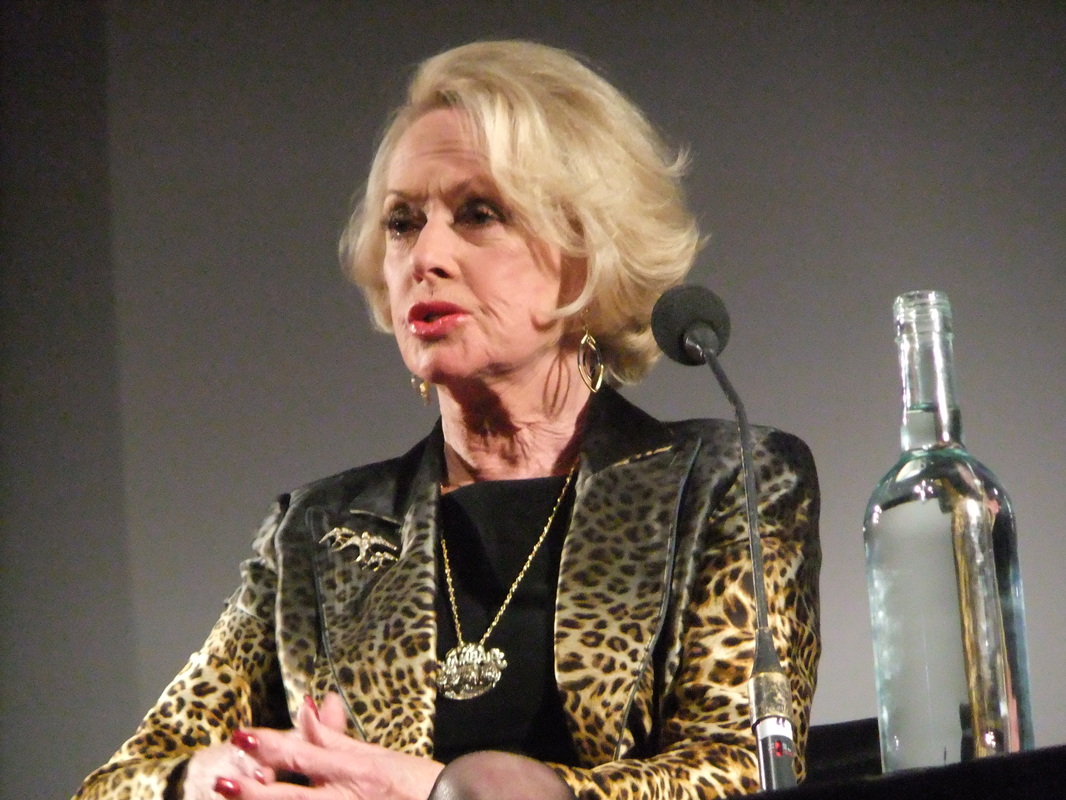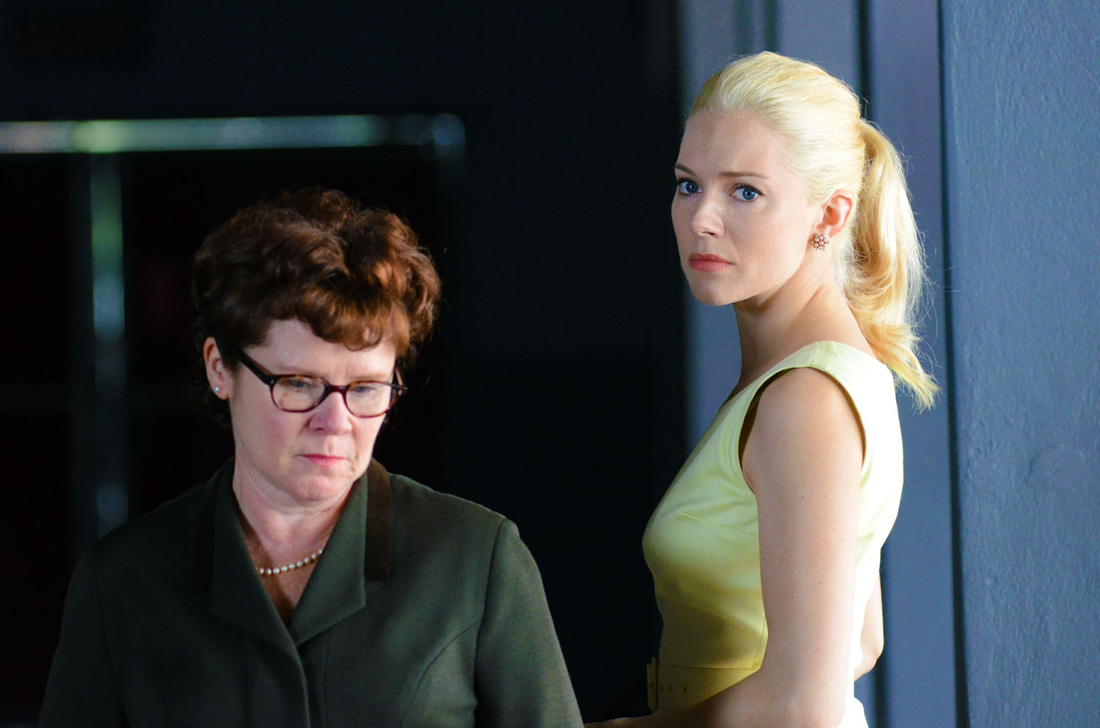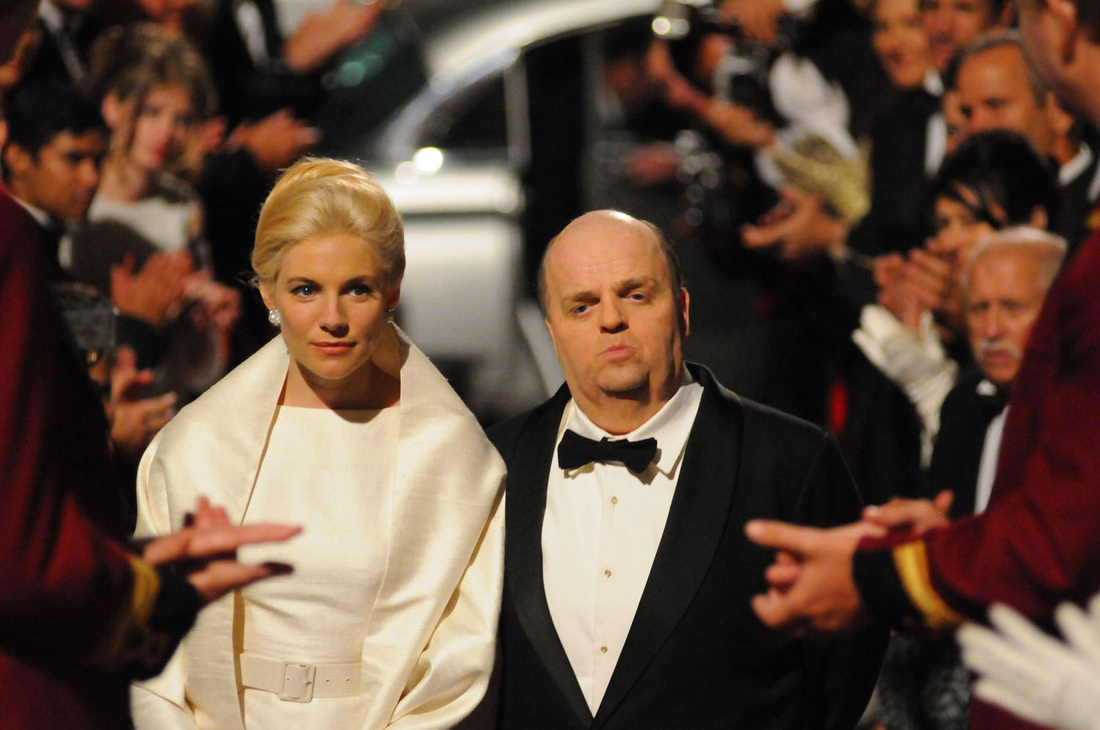|
How entertaining? ★☆☆☆☆
Thought provoking? ★★☆☆☆ 5 January 2013
This article is a review of THE GIRL.
|
“Mr Hitchcock was a perfect English gentleman,” Tippi Hedren (Sienna Miller)
Not the first time Toby Jones portrayal of a real-life persona has been overshadowed by another movie. First there was his Truman Capote that got trumped at the Academy Awards by Philip Seymour Hoffman’s Oscar-winner. Now Anthony Hopkins’s lead in HITCHCOCK is getting awards talk. Don’t feel too sorry for the talented Jones, he is after all coming off a big year – 2012 saw him in BERBERIAN SOUND STUDIO, SNOW WHITE AND THE HUNTSMAN and THE HUNGER GAMES (though the less said about RED LIGHTS the better).
HITCHCOCK focuses on the making of the filmmaker’s most influential film, PSYCHO, and the relationship with his wife, Alma (played with satisfying belligerence by Helen Mirren). The tone is a celebration of creativity, and while Hopkins’ performance suggests a deviance, spying on his leading ladies through peepholes, the majority of the runtime is one showcasing Hitch’s wit and charisma. THE GIRL on the other hand is a very different beast, and is an unintentional sequel of sorts. From PSYCHO, the director went next to make THE BIRDS and MARNIE with Tippi Hedren, and we are shown those projects’ inceptions viewed through the prism of his purported obsession with this leading lady. The atmosphere of THE GIRL couldn’t be more different - unrelenting in its depiction of the harassment of Hedren (Sienna Miller).
Not the first time Toby Jones portrayal of a real-life persona has been overshadowed by another movie. First there was his Truman Capote that got trumped at the Academy Awards by Philip Seymour Hoffman’s Oscar-winner. Now Anthony Hopkins’s lead in HITCHCOCK is getting awards talk. Don’t feel too sorry for the talented Jones, he is after all coming off a big year – 2012 saw him in BERBERIAN SOUND STUDIO, SNOW WHITE AND THE HUNTSMAN and THE HUNGER GAMES (though the less said about RED LIGHTS the better).
HITCHCOCK focuses on the making of the filmmaker’s most influential film, PSYCHO, and the relationship with his wife, Alma (played with satisfying belligerence by Helen Mirren). The tone is a celebration of creativity, and while Hopkins’ performance suggests a deviance, spying on his leading ladies through peepholes, the majority of the runtime is one showcasing Hitch’s wit and charisma. THE GIRL on the other hand is a very different beast, and is an unintentional sequel of sorts. From PSYCHO, the director went next to make THE BIRDS and MARNIE with Tippi Hedren, and we are shown those projects’ inceptions viewed through the prism of his purported obsession with this leading lady. The atmosphere of THE GIRL couldn’t be more different - unrelenting in its depiction of the harassment of Hedren (Sienna Miller).
|
|
|
I have seen Tippi Hedren talk in person, after a screening of THE BIRDS, and she does speak about mistreatment, but not to the level THE GIRL reveals. This television movie opens with a bold gambit, stating that it’s based on “extensive research”; but the problem is that THE GIRL is so shoddily put together that I want to know exactly what this research was, and what is deemed “extensive”? Hitchcock’s work is lauded and loved, and perhaps there are those who would not level criticism at the man. However, the person and the oeuvre are two different things. His career suggests a cinematic gift rarely bestowed on anyone. He could well have been a lecherous monster, and I can only imagine the trepidatious waters an actress would have to navigate in the 1960s, but THE GIRL only shows that side of him. Is that all there was by then? There is an absence of psychological analysis of either Hedren or Hitchcock. The movie is shallow and myopic, and, rightly or wrongly, the lack of delving deeply could be a strong argument for not only attacking quality, but credibility.
If we give THE GIRL the benefit of the doubt in terms of verisimilitude, then what of its ability to engage? This is where it comes totally unstuck:
- Recreations of these Hollywood classics are budget,
- The dialogue is perfunctory,
- Characters one-note, and
- There is even a pointless segment with Miller in different “Blue Steel” poses (as if from ZOOLANDER), meant to show time passing I think (it doesn’t illustrate anything else).
The sense of being oppressed is ever-present, and not in an artistic or insightful way, rather one of being beaten about the head over and over again with the same thought.

